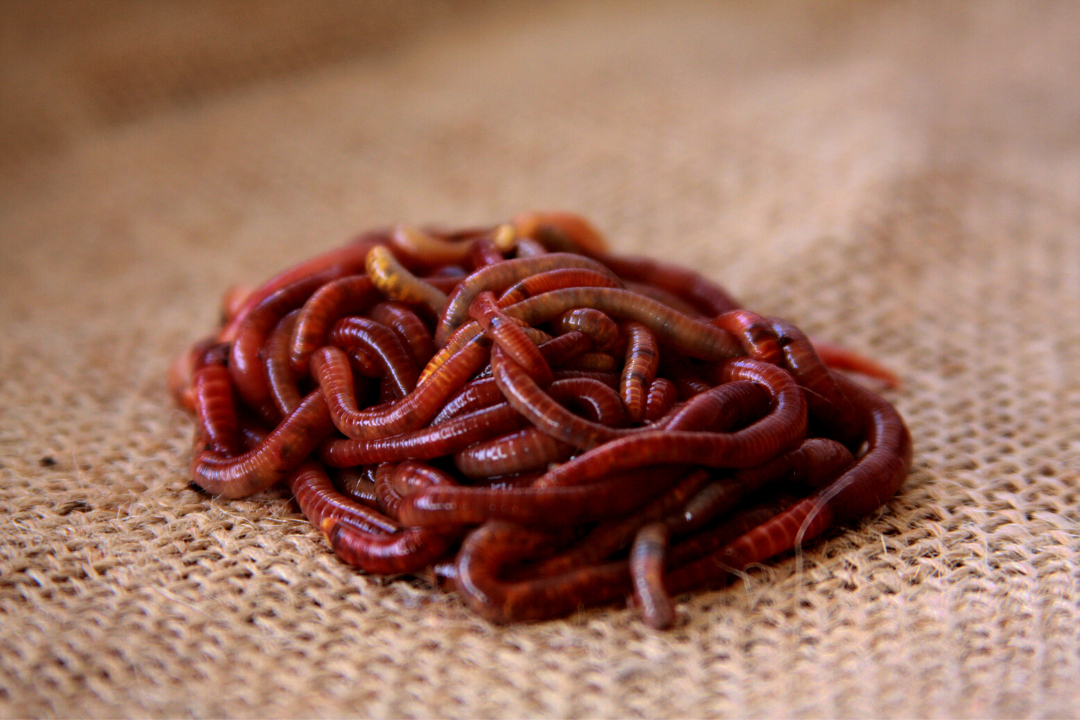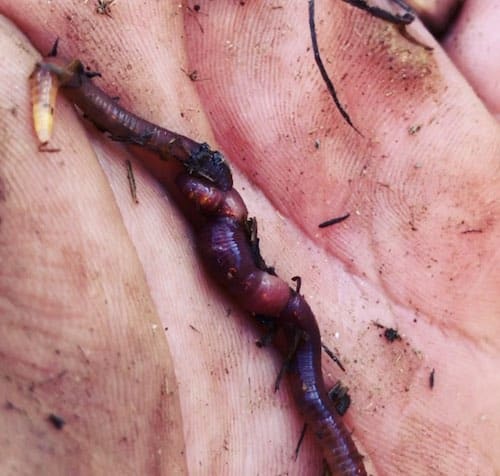Maximize Lawn Growth with Quality Products from Red Wiggler Express
Maximize Lawn Growth with Quality Products from Red Wiggler Express
Blog Article
The Extraordinary Globe of Red Wigglers: Boost Your Dirt Fertility Today
These tiny yet efficient microorganisms transform natural waste right into beneficial worm castings, significantly improving dirt wellness and promoting lasting techniques. As we check out the benefits of vermicomposting and the sensible actions to create an effective worm bin, the potential impact of these worms on your gardening success becomes progressively apparent.
Understanding Red Wigglers
Red wigglers, clinically called Eisenia fetida, are a species of earthworm that play an essential function in boosting soil fertility. These worms flourish in organic-rich atmospheres, such as compost heap and decomposing plant product, where they take in organic waste and secrete nutrient-dense castings. Their special makeup, including a fractional body and a clitellum, allows them to recreate swiftly and effectively process big quantities of raw material.

The ecological importance of red wigglers extends past mere waste processing; they add to the dirt food web, cultivating a varied area of microorganisms that further enhance dirt wellness. Understanding the biology and habits of red wigglers is essential for utilizing their complete possibility in lasting agriculture and gardening methods.
Benefits of Vermicomposting
(Red Wiggler Express)Harnessing the power of red wigglers through vermicomposting deals numerous benefits that substantially enhance soil health and fertility. Among the key benefits is the production of nutrient-rich worm castings, which are an exceptional natural fertilizer. Red Wiggler Express. These spreadings consist of vital nutrients like nitrogen, phosphorus, and potassium, advertising robust plant growth and boosting crop yields
Additionally, vermicomposting boosts soil structure and oygenation. The existence of worm castings boosts dirt texture, permitting far better water retention and drainage. This balanced dampness level is important for root advancement and the total wellness of plants. Moreover, red wigglers help damage down raw material, accelerating disintegration and reusing nutrients back right into the soil.
Vermicomposting additionally fosters microbial activity, which is important for a healthy and balanced soil ecological community. Beneficial microbes prosper in the presence of worm castings, helping in the breakdown of natural materials and improving nutrition availability to plants.
Lastly, vermicomposting works as an efficient waste administration remedy, lowering garbage dump waste by reusing cooking area scraps and various other organic products. This not only contributes to environmental sustainability however also advertises a round economic situation within horticulture and agriculture.
Exactly How to Establish a Worm Bin
Establishing a worm bin is a simple process that can substantially improve your composting efforts. Begin by selecting an appropriate container, which can vary from a readily available worm bin to an easy plastic or wood box (Red Wiggler Express). Guarantee the container has adequate ventilation; tiny holes in the lid and sides will certainly promote air flow
Next, create a bed linen layer to give a comfy setting for the red wigglers. This can be made from shredded newspaper, cardboard, or coconut coir, moistened to a moist, sponge-like consistency. Load the bin to around one-third full with this bed linens material.
When the bed linens is prepared, it's time to introduce the worms. Red wigglers grow in natural waste, so location them delicately onto the bed linen. Cover the worms with a light layer of extra bed linens to help them adapt.
Feeding Your Red Wigglers
Supplying the ideal food for your red wigglers is crucial for their wellness and the efficiency of your composting system. Red wigglers thrive on a diverse diet plan, largely being composed of organic products such as fruit and veggie scraps, coffee premises, and shredded paper. These products not just offer necessary nutrients however also add to the microbial activity in the worm container, which is critical for the worms' digestion.
It is very important to prevent specific foods, such as dairy items, oils, and meats, as these can attract pests and develop unpleasant smells. Additionally, citrus peels and overly hot foods should be restricted because of their possible to harm the worms. A balanced approach to feeding includes keeping an eye on the amount of food presented to the container, guaranteeing that it is consumed within a practical timespan to avoid excess waste accumulation.
To advertise ideal food digestion, it is advantageous to cut or shred bigger food products before including them to the bin. This method boosts the area for microbial activity, helping with quicker decay and boosting the total efficiency of your composting system. Regularly observing the worms' feeding habits will certainly aid you change their diet as needed.
Utilizing Worm Spreadings in Your Garden

(Red Wiggler Express)Including worm castings into your yard can be accomplished by mixing them right into the soil or utilizing them as a top dressing. The slow-release nature of these castings makes certain that nutrients are readily available to plants over an extended duration, minimizing the requirement for synthetic plant foods. Additionally, worm spreadings consist of advantageous bacteria that advertise healthy and balanced dirt environments, improving the total resilience of your garden.
To maximize the benefits, aim to use about one part worm castings to three components soil in your growing beds. Regular applications can bring about improved plant yields and much healthier plants, making worm castings a vital resource for both newbie and knowledgeable garden enthusiasts alike. By using this natural change, you can cultivate a growing garden while adding to lasting gardening practices.
Final Thought
In verdict, red wigglers exemplify the crucial function of vermicomposting in boosting soil fertility. Their capability to transform natural waste right into nutrient-rich castings substantially enriches soil framework and sustains microbial variety.
Report this page